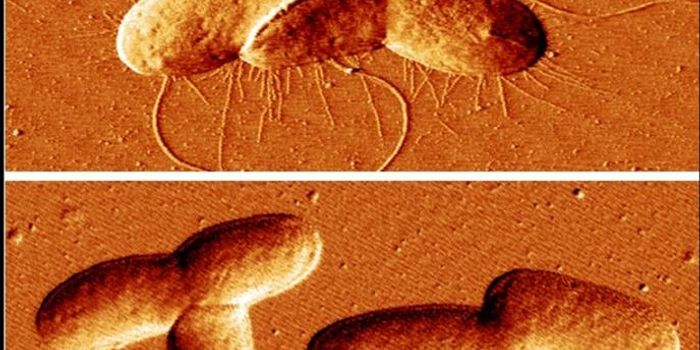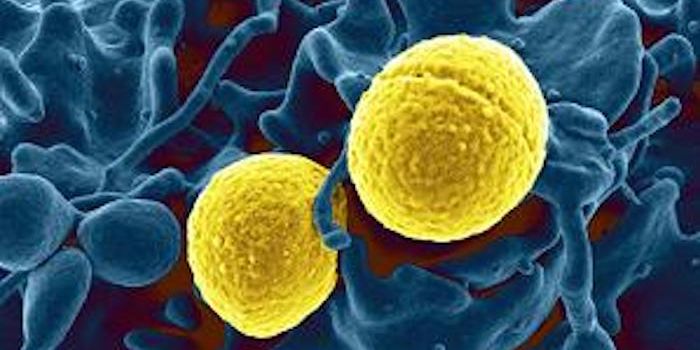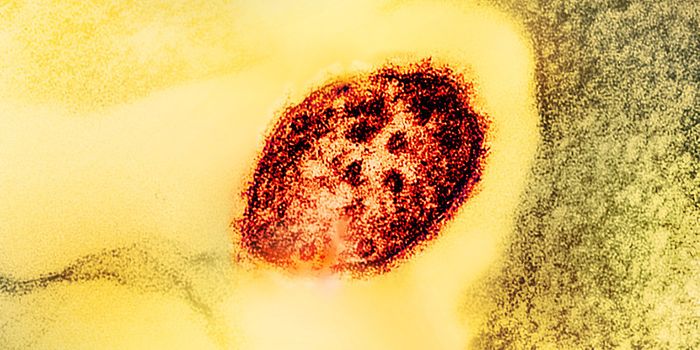Our bodies have an internal clock, the circadian rhythm, and our physiology changes according to that clock. New work suggests that time of day matters to one kind of parasitic infection as well. Researchers at McGill University have found evidence that the parasite that causes leishmaniasis causes infections of varying severity, which depends on whether the infection occurs at night or in the daytime. This research could help develop new treatment strategies for parasitic diseases.

The scientists worked with Leishmania, a parasite that the female sandfly transmits at night. Leishmania is responsible for sickening around one million people every year and kills thousands. Many of those that survive the infection are left with scarring. While it is currently considered a tropical disease, changes in our climate are enabling many species to move to and survive in new areas. It may not be long before this parasitic infection makes it way to many other regions, and it can already be newly found in southern European.
This work, led by Nicolas Cermakian, a Professor at McGill's Department of Psychiatry and researcher at the Douglas Institute, used a mouse model to analyze the effects of the parasite. It was injected into mice at different times of day, and the researchers observed that the immune response was very different depending on what time the exposure occurred.
"Our previous work showed that our immune system has its own biological clocks. Our body's defense mechanisms are more or less active at different times of the day," explained Cermakian, who collaborated with McGill/RI-MUHC Professor Martin Olivier and Professor Nathalie Labrecque of Université de Montréal and Maisonneuve-Rosemont Hospital research center on this project.
The results of the work, published in Scientific Reports, were intriguing. A former postdoc in Cermakian's lab, Silke Kiessling, found the parasitic infection to be most effective during early night time when the immune response was also the most powerful. Apparently, the parasite grows best when it causes a strong immune response. The inflammatory cells of the immune system that rush to the site then help the parasite to multiply.
Next, the researchers plan to investigate the molecular mechanisms underlying the circadian rhythm of Leishmania. They have already determined that the immune cells have a clock of their own that directs the response to the parasite.
Cermakian is hopeful that this research will not only lead to better treatments and improvements in preventative measures but might also be extrapolated to other diseases that are spread by insects.
Learn more about a severe form of Leishmaniasis, considered a neglected tropical disease, from the following video.









